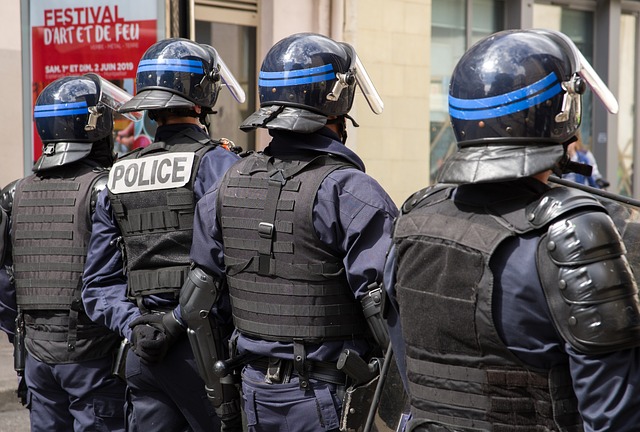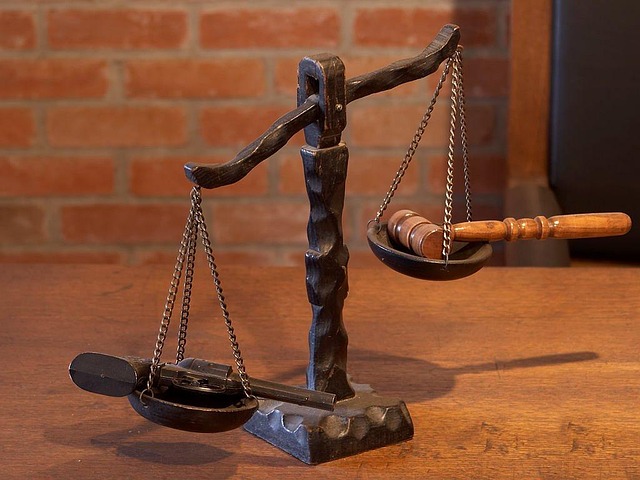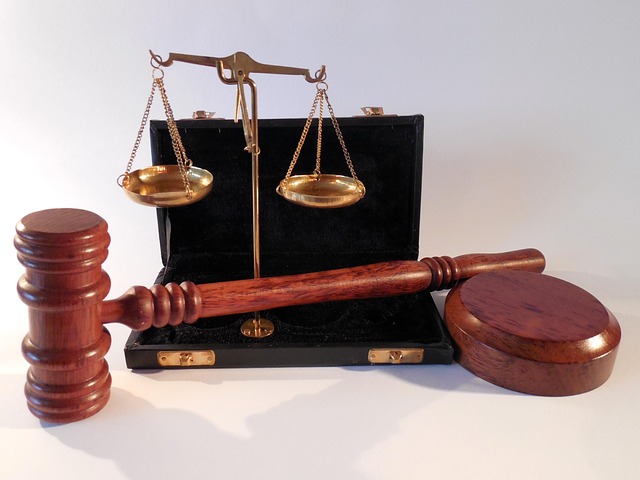RF Regulatory Agency investigations safeguard RF standards and consumer safety by analyzing documents, specifications, and records. Serious cases employ the Process of Empaneling a Criminal Jury to determine guilt or innocence, focusing on white-collar crimes like fraud and regulatory non-compliance. This meticulous process involves jury selection (voir dire), challenges for cause, and peremptory challenges to ensure an unbiased trial. Understanding legal procedures is crucial; defense strategies may challenge evidence and witness testimonies while protecting client rights in RF tech sectors.
“RF Regulatory Agency investigations are pivotal in ensuring compliance with radio frequency standards. This article delves into the intricate world of these inquiries, starting with an exploration of ‘Initiating an Investigation’ and the common ‘Trigger Events’.
We then dissect the crucial ‘Process of Empaneling a Criminal Jury’, highlighting legal procedures and rights during trials. Understanding these aspects is essential for stakeholders navigating RF regulatory landscapes to ensure fair and transparent outcomes.”
- Understanding RF Regulatory Agency Investigations
- Initiating an Investigation: Trigger Events
- The Empaneling Process: Selecting a Jury
- Legal Procedures and Rights During Trials
Understanding RF Regulatory Agency Investigations

RF Regulatory Agency Investigations are crucial processes designed to ensure compliance with radio frequency (RF) standards and prevent unauthorized or harmful use of RF technologies. These investigations span various areas, from ensuring spectrum usage rights to protecting consumers from unsafe devices. The process begins with thorough scrutiny of relevant documents, product specifications, and communication records. Experts analyze these materials to identify potential violations, employing advanced forensics techniques if necessary.
One key aspect that distinguishes RF Regulatory Agency Investigations is the Process of Empaneling a Criminal Jury in serious cases. This involves presenting compelling evidence to a jury, who determines guilt or innocence based on the presented facts and legal arguments. Such investigations often target white collar and economic crimes related to RF technologies, where fraud, misuse of intellectual property, or non-compliance with regulations are at play. For his clients, having experienced legal representation during these investigations is paramount to navigating the complexities and mitigating potential penalties effectively.
Initiating an Investigation: Trigger Events

When an RF Regulatory Agency suspects a violation of radio frequency (RF) standards or regulations, several trigger events can initiate an investigation. These investigations are crucial in ensuring compliance and upholding the integrity of wireless communication technologies. Common catalysts include complaints from the public or industry peers, unauthorized signal intrusions, equipment malfunctions causing interference, or suspicious transactions involving RF-related products. Once triggered, the agency must decide whether to conduct a preliminary review or launch a full-scale inquiry.
The process often involves gathering initial evidence, conducting interviews, and examining relevant documents. If the investigation uncovers substantial evidence of non-compliance, the agency may consider empaneling a criminal jury—a critical step in the process of empaneled a criminal jury. Achieving extraordinary results in these cases is paramount for companies facing potential white collar defense challenges. By carefully navigating through the investigative process and presenting a robust defense strategy, organizations can work towards avoiding indictment and maintaining their reputation in the dynamic landscape of RF regulations.
The Empaneling Process: Selecting a Jury

The process of empaneling a jury is a critical step in any legal proceeding, especially in criminal cases. It involves meticulously selecting individuals from diverse backgrounds to serve as impartial jurors. This careful selection ensures that for his clients, the trial is fair and just. The process begins with summoning potential jurors, often referred to as prospective jurors, through a random draw from a pool of registered voters or licensed drivers. These individuals are then questioned in a setting known as voir dire, where attorneys from both sides, including general criminal defense lawyers, have the opportunity to assess their fitness to serve.
During voir dire, jurors are interrogated about their personal experiences, beliefs, and any biases that might influence their decision-making. This thorough questioning aims to identify potential conflicts of interest or prejudices, ensuring that the final jury remains unbiased. The judge plays a pivotal role in this process, making decisions on challenges for cause and peremptory challenges. The latter allows attorneys to dismiss a juror without providing a reason, though they must adhere to strict guidelines, particularly when considering factors beyond race, gender, or age, which have historically been used unfairly within the philanthropic and political communities.
Legal Procedures and Rights During Trials

During RF Regulatory Agency investigations, which can lead to trials, understanding legal procedures and rights is paramount for all parties involved. In the context of jury trials, the process begins with selecting a fair and impartial jury through the process of empaneling a criminal jury. This involves questioning potential jurors to ensure they can set aside personal biases and render a verdict solely based on the presented evidence. The general criminal defense strategy may include challenging the admissibility of evidence, examining witnesses, and presenting alternative explanations to the accused’s actions, all while respecting the legal rights of the defendant.
In high-stakes cases, where significant penalties are at stake, effective representation requires a deep understanding of both the technical aspects of RF regulations and the intricacies of jury trials. A skilled general criminal defense attorney will guide clients through each phase, ensuring their rights are protected and that every possible argument is presented to support their case. This meticulous approach becomes increasingly crucial as the consequences can be severe, impacting not only financial assets but also future opportunities in a highly regulated industry.
RF Regulatory Agency investigations are crucial for maintaining the integrity of wireless communication standards. By understanding the initiation triggers, empaneling process, and legal procedures involved, individuals and companies can effectively navigate these inquiries. The process of empaneling a criminal jury, in particular, is a vital component, ensuring fairness and due process throughout RF regulatory trials. Staying informed about these procedures is essential to protecting rights and interests during such investigations.






